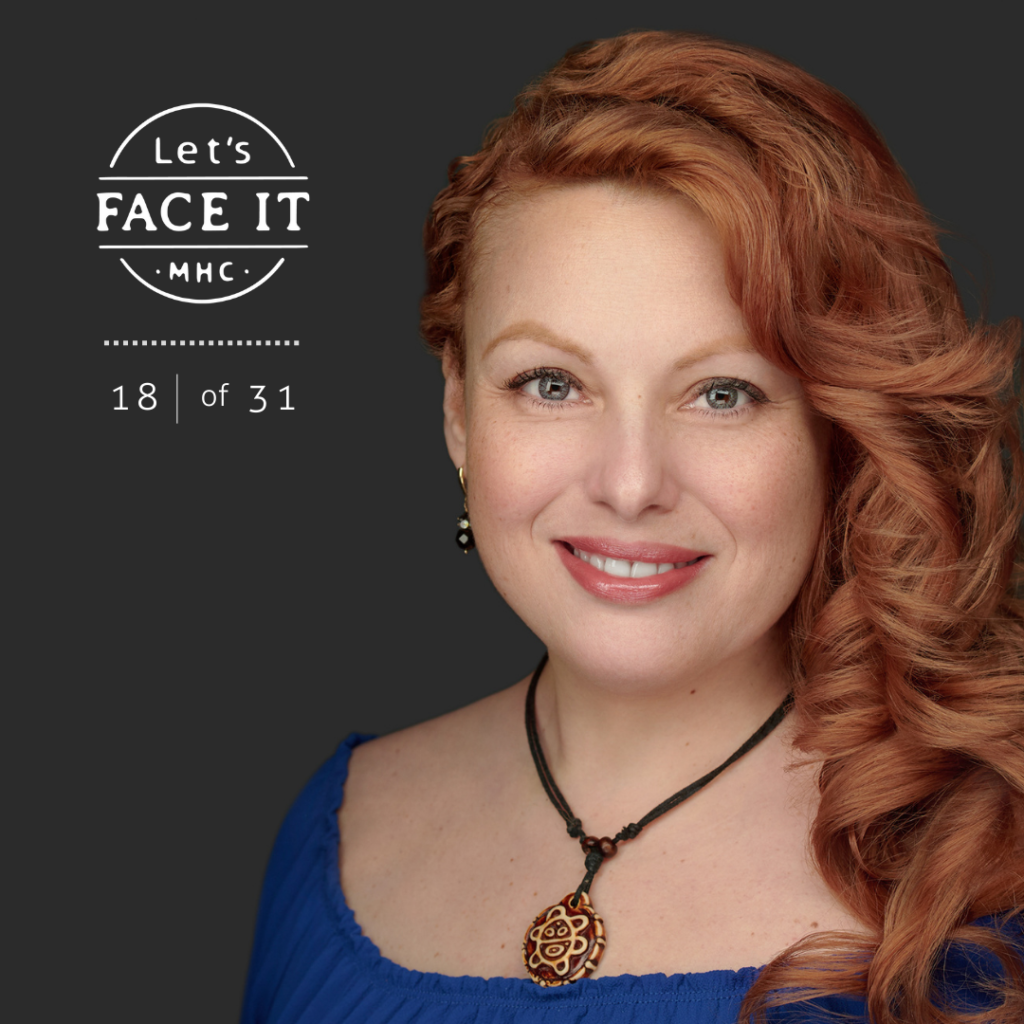 If there is such a thing as a full time advocate, Doris Maldonado Mendez is it.
If there is such a thing as a full time advocate, Doris Maldonado Mendez is it.
A foster mother who is also a bilingual health information specialist for families with special needs, she says she is on 10—and perhaps counting—statewide boards and task forces focusing on disability issues. She is co-chair of the Keep the Promise Coalition, a NAMI bilingual trainer, founder of the Alpha Sigma Omega Latina Sorority, and vice chair of the Connecticut Council on Developmental Disabilities, to name just a few.
“I want to be a voice for others who have no choice,” she says.
Maldonado Mendez’s ability to speak out for others is influenced in part by the fact that she is a person with disabilities. She has congenital heart disease, PTSD, and anxiety among other issues, she says.
Maldonado Mendez also wants to raise awareness about what she calls “invisible disabilities.” “As a Latine we are born and bred with nothing but stigmas—religiously, culturally, socially—and then to have disabilities … My mother had to protect me from many things,” she says. “What I find is rather than suffering from invisible disabilities, I’m faced with invisible disabilities.”
“In marginalized communities [people with disabilities] are further ostracized,” she continues. “We are ‘othered’ and outed.”
This marginalization continues outside the culture, too, Maldonado Mendez says, giving herself as an example. “Latine are stigmatized by their last names alone. We are checked off in a box,” she says. “I don’t appear to be Latine. I’m not the typical carmel-color looking person. Latinos come in a wide variety of colors.”
“In my own community I’m not accepted right away. I have to prove myself in my outside community and in my Latino community because I don’t appear disabled,” she says.
“I may go to a disability event where most people are Caucasian so I fit in until they realize you’re one of ‘those’ people, one of the urban people. You don’t fit in here so go back,” she says. “I have to prove myself constantly.”
“My concern and my struggles and my advocacy have always been the foundation for people with invisible disabilities,” she says. “We are part of the norm. We are not to be ostracized.”
She wants people to recognize that people are multifaceted. “Stop making assumptions about one thing,” she says. “I’m more than my skin tone and my ability or disability or my zip code or my last name.”
Each day in May, you will meet a new face and a new lived experience, because #LetsFaceIt there is no one-sized fits all when it comes to our wellbeing. View past posts here.
Looking for resources or support in CT but don’t know where to start? Contact MHC’s free Information & Referral line: https://www.mhconn.org/education/information.


